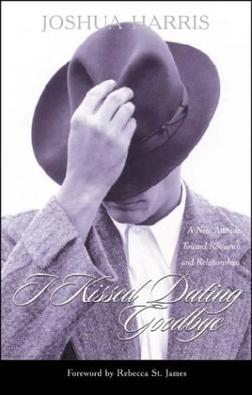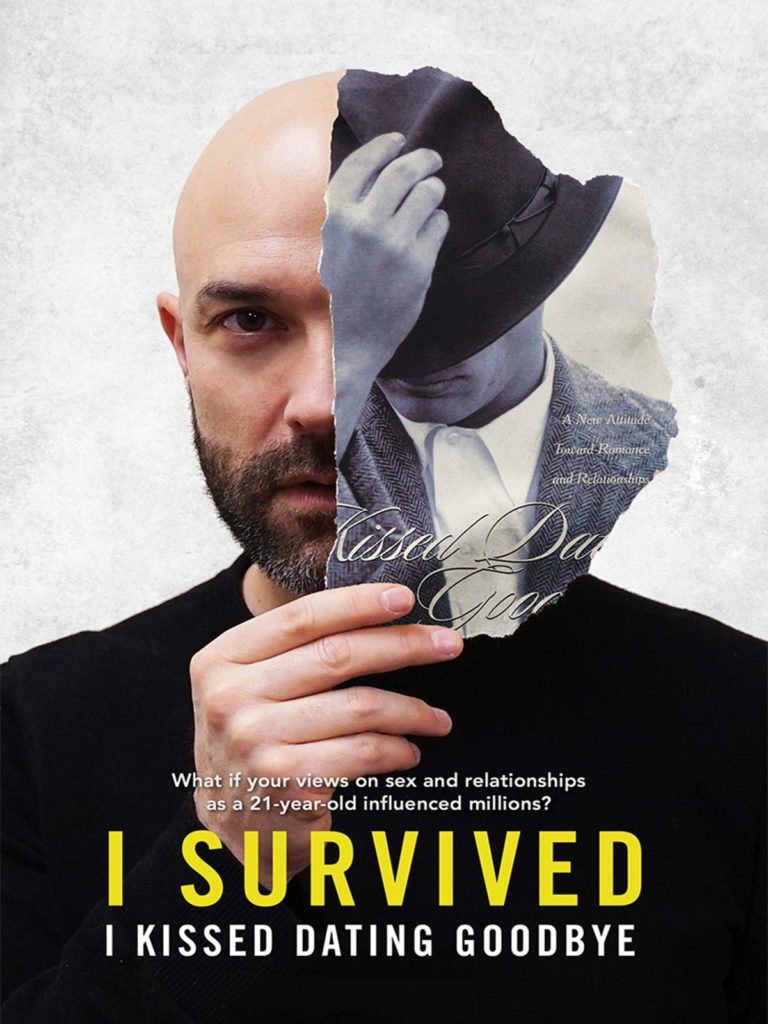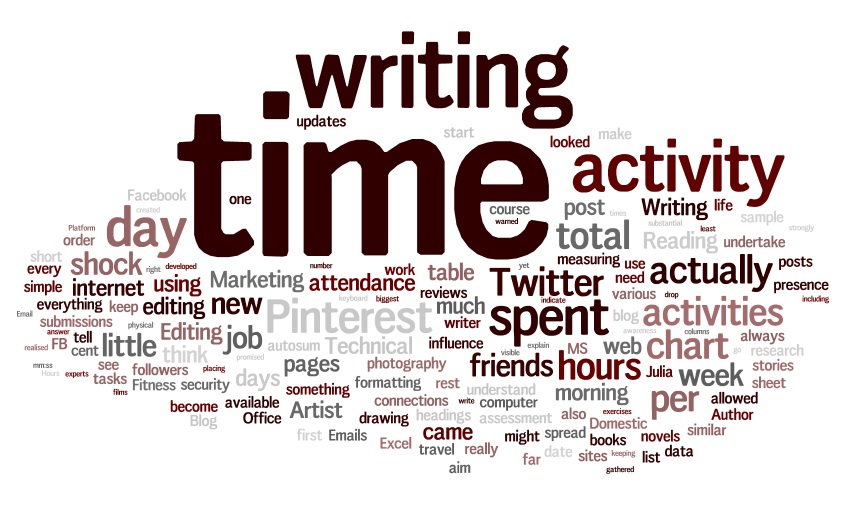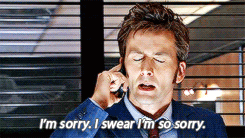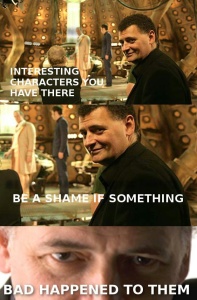Hollywood is now infamous for attacking its audience. Directors, screenwriters, and actors have gone on rampages in recent years, blaming fans for the failure of every bad movie and TV series. It’s one of several big reasons why even the seemingly invincible Disney is on the verge of collapse. To call it grand scale gaslighting would be an understatement.
I bring this up because I recently had a conversation with a fellow creator about the importance or unimportance of audience. For him, there are auteurs who simply want to share their vision with the world and don’t care about audience. They create for themselves. That’s his own personal philosophy. While I understand that and would say a creator must be passionate about what he makes, which means there’s some self-interest, I don’t see a point in sharing a work of art if it was made only for the creator’s benefit. If it’s only for them, why release it? By putting it out into the world, you’re asking an audience to engage with it, which has its positives and negatives. (I said, “invite,” and not “engage” during this conversation, which I now realize wasn’t the best word choice). At that point, it can’t only be about the artist.
When I was in college learning how to be a writer, I was trained to always think about audience. It would determine what I wrote and how I wrote it. Sometimes that audience was only me. Most of the time, though, it was for others. Writing, as I was taught, required a level of service and selflessness. I had to know what the audience wanted and give it to them; or I had to learn how best to explain something to the audience. Different genres, publications, and mediums appealed to different demographics. Understanding them often required research. By catering to the audience, you could increase your chances of success. An audience is annoyed by most art that’s obviously made for the artist’s enjoyment and not the audience’s enjoyment.
Now, what an audience says they want isn’t always what they actually want. Or, in some cases, what they want isn’t what they need. That’s where a creator can take risks and try something different. Otherwise, an art form can never evolve. An audience may complain, but that doesn’t mean their opinions are gospel truth. An artist should have the confidence to disregard bad faith feedback but also the humility to accept good faith criticism. Deciphering which is which, especially in the polarized times we live in, can be difficult if not nerve-wracking.
Some would say the audience doesn’t matter unless they’re paying customers. I agree to a certain extent. This is especially true if a creator is sacrificing his emotional, mental, and/or physical wellbeing to please his audience. But there are other ways an audience can “pay” a creator. As a podcaster, I don’t charge listeners for my material, but they “pay” me with their time. They invite me into their day as they jog, work out, or clean their house. Some even go the extra mile and e-mail me feedback or write reviews on Apple Podcasts. I’ve gotten stories about how my podcasts help listeners get through their days or survive hardships. I don’t take any of that lightly. To do so would be the epitome of “biting the hand that feeds you.” I’d be no better than the narcissists in Hollywood.
I firmly believe art should be shared. But sharing it comes with risks. You can’t guarantee the audience will understand or appreciate what you make. That’s why in some cases, it’s best to keep it for yourself. Most of the time, though, you have to let those brainchildren go off into the world to forge their own paths, so to speak.
What do you think? How are audiences important or unimportant? How much weight should their feedback be given? Should an artist only create for himself? Leave your comments below!


